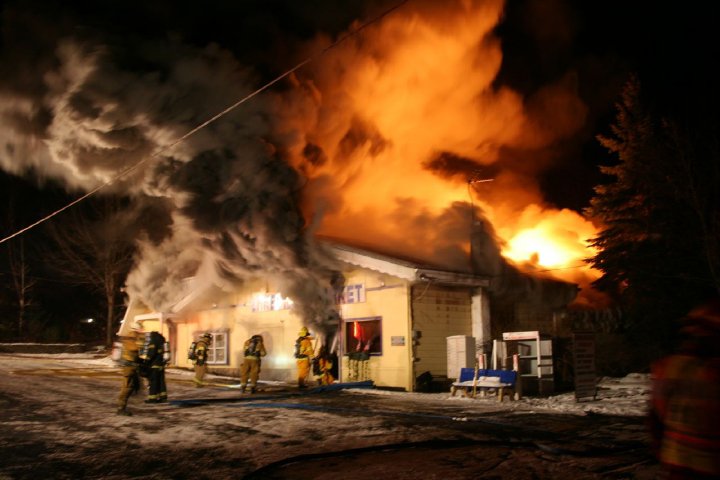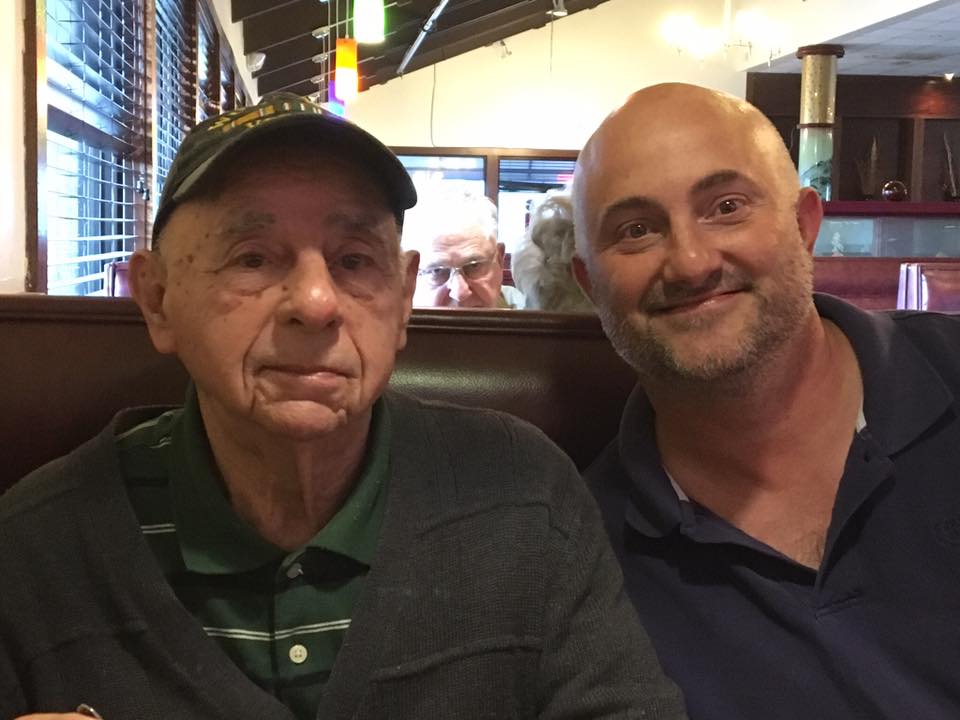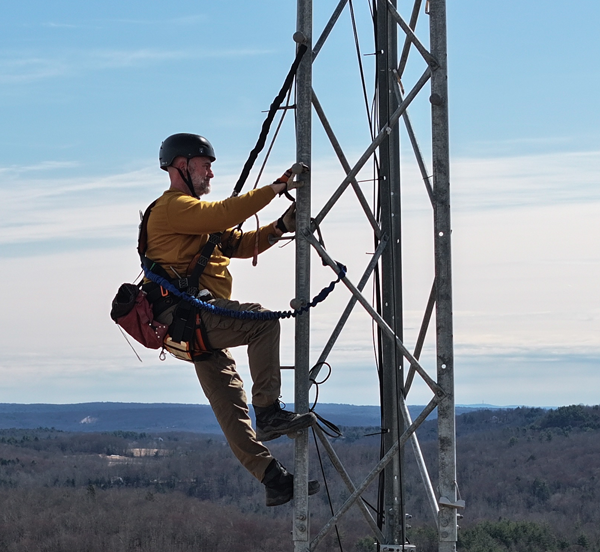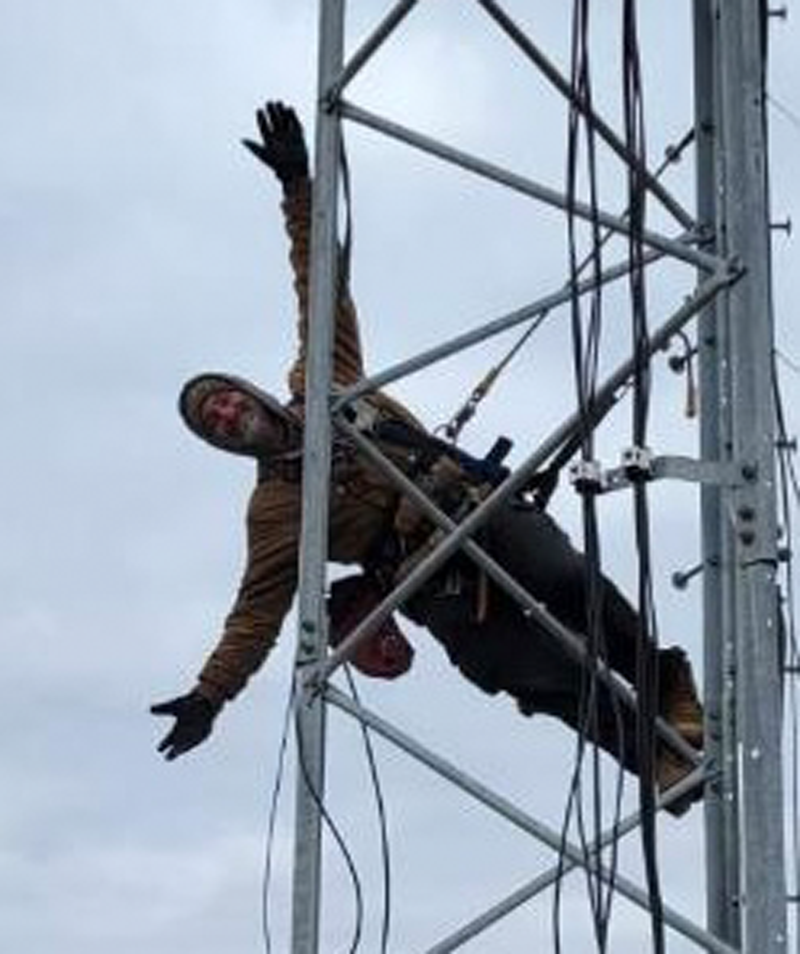Pennsylvania’s Volunteer Fire Service Is at a Crossroads—We Must Act Now
For generations, volunteer firefighters have been the backbone of our communities, responding to emergencies day and night—often without compensation. But today, Pennsylvania is facing a volunteer firefighter crisis.
In the 1970s, Pennsylvania had nearly 300,000 volunteer firefighters. Today, that number has dropped to around 35,000.
With fewer volunteers, response times are increasing, small departments are struggling, and lives are at risk.
We need a comprehensive plan to:
- Recruit & retain volunteer firefighters.
- Protect firefighters from deadly cancers & hazardous exposures.
- Reduce financial burdens on local fire departments.
- Ensure businesses support employees who volunteer.
We can’t afford to wait. It’s time for bold action.
A Statewide Plan to Support Our Volunteer Firefighters
Statewide Response Available Volunteer Firefighter Registry
Expanding on a Statewide Volunteer Firefighter Registry would allow certified firefighters to respond to emergencies anywhere in Pennsylvania at any time, helping to fill critical staffing gaps, especially during weekday work hours when many volunteers are at their jobs.
Example: A Level 2-certified firefighter from Archbald is working in Arrowhead Lakes when a structure fire is reported nearby. Instead of standing by, they could immediately report to the local fire chief for assignment. However today, liability & workers’ compensation concerns prevent this from happening. We must remove these barriers so trained personnel can help where they’re needed most and when they are needed!
Statewide Workers’ Compensation for Volunteer Firefighters
Currently, local fire departments or municipalities bear the cost of workers’ compensation for volunteers. This is an unsustainable financial burden, especially for small departments.
Solution: Shift volunteer firefighter workers’ compensation to a statewide system.
- Bulk insurance rates would lower costs for local departments.
- Firefighters would always be covered, no matter where they responded.
- Smaller municipalities would no longer struggle to afford coverage.
By integrating volunteer firefighter workers’ compensation into a state-managed system, similar to how State Park volunteers are covered, we can make sure every volunteer is protected without draining local budgets. Local departments and municipalities would pay into the system.
Tax Incentives & Benefits for Firefighters
Time to Expand Act 91 (2020) & Act 172 (2016)
Pennsylvania currently allows municipalities to offer real estate and earned income tax credits to active firefighters, but participation is inconsistent and limited. We need a statewide approach.
My plan:
- Increase tax credits for firefighters who maintain training & certification.
- Standardize tax incentives statewide so all firefighters benefit, not just those in certain municipalities.
- Allow a state personal income tax credit that can cover up to 100% of state income tax liability, ensuring firefighters receive real financial relief.
- For volunteers without tax liability: Create a retroactive tax refund program (up to 5 years)
- Add additional incentives like tuition assistance or equipment grants.
Providing Essential Safety Equipment
Firefighters risk their lives daily, yet many departments struggle to afford proper safety gear. No firefighter should be forced to reuse contaminated gear because their department lacks funding.
I will fight for:
- A grant program ensuring every firefighter personally has access to owning helmets, turnout gear, boots, gloves. Especially those that want to respond in other areas.
- State funding for backup protective gear, so contaminated gear can be properly cleaned without leaving firefighters unprotected.
- Funding for advanced decontamination systems to reduce exposure to cancer-causing toxins.
Fighting Cancer in Firefighters
Firefighters are 9% more likely to be diagnosed with cancer and 14% more likely to die from it than the general population.
THIS IS UNACCEPTABLE!
They are exposed to toxic smoke, hazardous chemicals, and carcinogens every time they respond to a fire. Both Paid and Volunteer Firefighters are at risk!
Cancer Prevention Plan – Standardize for everyone’s safety!
- On-scene decontamination protocols—removing contaminants before firefighters return to the station.
- State-funded gear washers & extractors to eliminate harmful residues. These can be a shared resource amongst mutual aide groupings.
- Mandating secondary, clean backup gear so firefighters are never forced to reuse contaminated equipment. Provide Grants to accomplish this!
- Expanding state support for firefighter cancer treatment & prevention.
Recruiting the Next Generation of Firefighters
“Pay It Forward” Education Program
To attract young volunteers and support Junior Firefighters, I will propose a tuition credit program where service earns college, trade school, or job training credits. These credits can start being earned as early as their 14th birthday.
- Tuition credits apply to any Pennsylvania higher education institution.
- If tuition is already covered, credits can be used for educational materials or certification courses.
- Structured as a grant, ensuring it doesn’t impact other state aid.
The next generation of firefighters is out there—we just need to give them a reason to step up.
Encouraging both Large and Small Businesses to Support Volunteer Firefighters
Business Tax Credits for Supporting Public Safety
Businesses that support volunteer firefighters deserve recognition and incentives.
State tax credits for businesses that allow employees to serve as volunteer firefighters.
Employees can use up to 16 paid hours per quarter for:
- Firefighter training.
- Post-incident mental health recovery.
- Businesses receive a 33% tax credit on wages paid during these hours.
Tax credits can be sold or transferred, making them valuable to businesses of all sizes.
Funding for Business-Based Emergency Response Teams
- Grants for businesses to train and deploy Community Emergency Response Teams (CERTs).
- CERTs assist first responders in disasters, provide logistical support, and shelter displaced residents.
- Strengthening workplace emergency preparedness while supporting local fire services.












